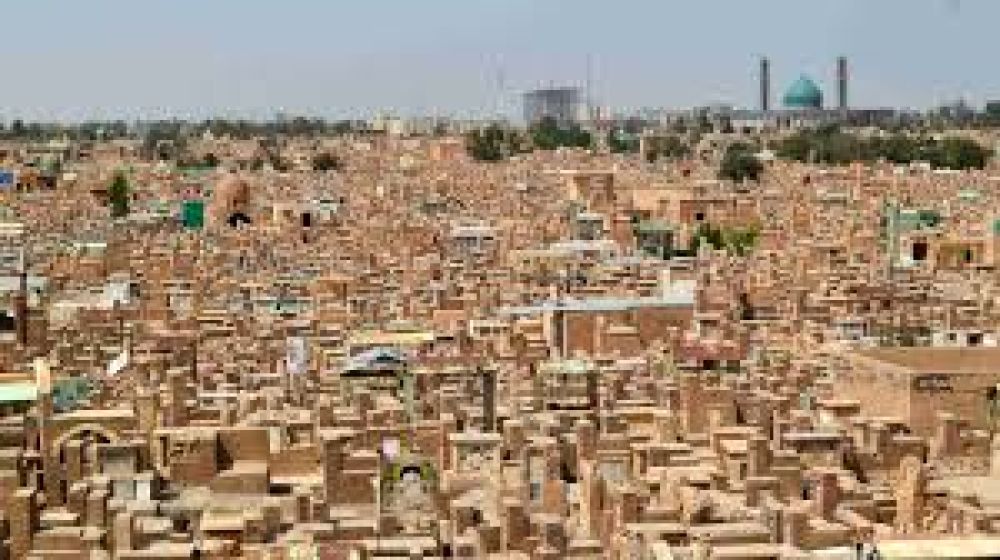

Wadi us-Salaam, which translates to the "Valley of Peace," is an Islamic cemetery located in the holy city of Najaf, Iraq. It is known to be one of the largest cemeteries in the world and holds great religious and historical significance for Muslims, particularly the Shia sect of Islam. The history of the Wadi us-Salaam Cemetery is intertwined with the history of Najaf itself, a city that is revered for housing the shrine of Imam Ali ibn Abi Talib, the first Shia Imam and the fourth Caliph in Sunni tradition.
Tourism to Wadi us-Salaam has ancient origins, dating back to when people have longed to be buried near the final resting place of Imam Ali. The cemetery has expanded over centuries to accommodate millions of graves. It serves as the final abode for many prophets, kings, princes, and scholars, adding to its religious significance and making it a place of pilgrimage.
In recent years, Najaf has become an increasingly important destination for religious tourism. Pilgrims from across the world, particularly Shiites, come to visit the Imam Ali Shrine and, by extension, Wadi us-Salaam. The cemetery is not only a place of mourning but also of reflection and heritage, paying respects to deceased relatives and religious figures.
The latest tourism trends in Najaf, particularly at Wadi us-Salaam, involve the development of more sophisticated services to cater to the influx of international tourists. Ensuring the preservation of the cemetery while accommodating the growing number of visitors remains a challenge. Moreover, the region has faced various obstacles, including political instability and security concerns that have intermittently affected the flow of tourists.
Tourism to the Wadi us-Salaam Cemetery also involves a cultural exchange where visitors can learn about Islamic customs, burial practices, and end-of-life rites. Moreover, the region's hospitality industry, including hotels and restaurants, has grown to support the visitors to this site.
In conclusion, the Wadi us-Salaam Cemetery in Najaf remains one of the most significant religious tourism sites for Muslims. The history of tourism here is deeply connected to the cemetery's religious significance and the broader cultural traditions of Iraq. As Iraq continues to open up and stabilize, it is expected that tourism at Wadi us-Salaam and Najaf will grow, bringing with it opportunities and challenges for the local community and the preservation of this sacred site.